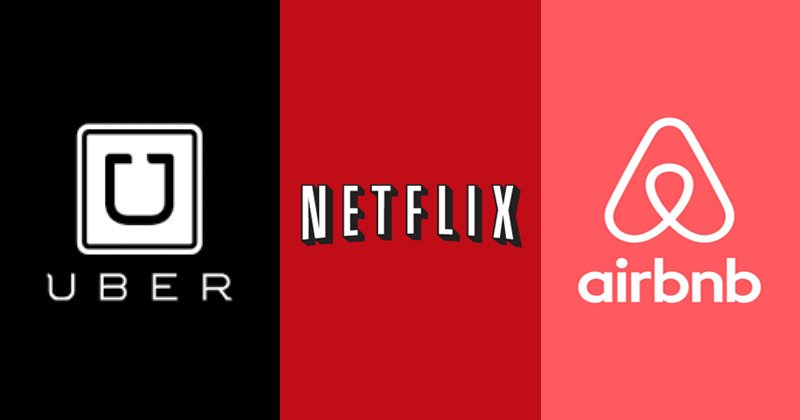3 ways social customer care ties to your B2B marketing strategy

Table of contents
Social customer care is more than customer service. It’s more than answering customer questions via social channels like Facebook, LinkedIn, and Twitter. It’s about adapting to the digital landscape where your audience is more informed, more savvy, and more aware of the interactions they have with companies.
If you have a strong social media presence, you should also have a formal social customer care strategy. For many, this is a new concept, so here are three ways that social customer care ties to your B2B marketing strategy and how to go about it:
Be proactive and listen to your audience
Prospects and customers are talking about you; the question is, are you listening?
One of the biggest mistakes companies make on social media is letting customer comments fall through the cracks. Everything people say online remains visible. Whenever someone asks a question, writes feedback, or makes a complaint, they wait to see how well you respond and hold high expectations. That’s why customer interaction with your company should be acknowledged quickly!
Don’t wait hours to respond. If you’re serious about social customer care, then it’s best you respond within a few minutes. A social listening tool makes staying afloat in social conversations easy, allowing you to handle harmful comments and maintain a positive reputation. Another benefit of such a tool is that it enables you to garner valuable feedback, which can be leveraged to improve your product or service.
Regardless of which tool you use, part of implementing a social customer care strategy is providing meaningful responses. Instead of writing a simple comment, share relevant content that offers relevant information or solutions.
Deliver a personalized customer experience
We live in an ‘Engagement Economy,’ where the only way to win the heart of your prospect or customer is to be personal and authentic. People crave companies that share their values and can connect with them one-on-one. In such an economy, companies must deliver an experience that feels human and stems from trust, care, and commitment.
Think about it – why do people love Uber, Netflix, and Airbnb? Because of the experience they provide. These guys got it right because they were digitally native. They understood the consumer need for personalization and authenticity.

[Tweet “Make people love your company as much as they love @Netflix @Airbnb and @Uber”]
To succeed in this economy, you must apply the same principles to your B2B marketing. With a proper social customer care strategy, you can humanize your social voice, ensuring that every interaction comes from the right person at the right time. For example, if a prospect asks you on Facebook about pricing, you should be able to direct this question to a relevant employee efficiently—in this case, your sales rep.
Recommended for further reading
Amplify your customer success stories
When a customer says something about your company, the world can see it. Your social media reputation can either flourish or die depending on what was said. With a social customer care strategy, you can prevent the latter. In other words, the quicker a relevant employee can handle a customer’s complaint, the better you will look in the public’s eye.
With this, you also have an opportunity to amplify customer success stories and, in turn, trigger more positive talk about your company. Word-of-mouth marketing has always been a powerful strategy. However, a company only earns a customer’s recommendation once it proves its commitment. In the Engagement Economy, you must first demonstrate your commitment to social customer care to keep customers coming back for more and get them to recommend you to other companies.
[Tweet “Earn your customers’ trust with a formal social customer care strategy”]
Bring social care to the forefront of your customers
Your customers long for personal attention, so it’s about time you gave it to them. Social customer care packs proactiveness, authenticity, and customer satisfaction into one strategy, ensuring that the people who impact your company will trust you, learn from you, and recommend you to others.




